10 Biz Leaders Share the Biggest Lesson They’ve Learned Growing a Startup in Philly
From "I'm incredibly fortunate" to "Don’t limit fundraising solely to Philadelphia," these local leaders have learned a lot about themselves and about the the ins and outs of navigating the startup scene.

L to R: Douglas Baldasare, founder & CEO, ChargeItSpot; Felicite Moorman, co-founder and CEO, STRATIS & BuLogics; Ashrit Kamireddi, co-founder & CEO, VeryApt; and Bethany Edwards, co-founder & CEO, Lia Diagnostics.
Starting and sustaining a startup is no easy task, and the Philadelphia region comes with its own benefits and drawbacks. The Philly startup leaders below have all held their own in growing their startups in the region and share the biggest lesson they have learned along the way.
Bethany Edwards
co-founder & CEO, Lia Diagnostics
One specific lesson I’ve learned growing a tech business in the Philadelphia region is to partner with other young, Philadelphia businesses and grow together. There is a fast growing group of change makers and founders in Philadelphia, and by partnering together we can transform the region.

Bethany Edwards. Courtesy photo.
For us, this includes having selected Ryan Wertman at Growth Counsel as our legal counsel, sharing office space with Biomeme, and working with local photographer Jino Lee. These collaborations have allowed us to grow alongside each other.
When we started working with Ryan Wertman back in 2015, it was just Wertman hustling at all hours. Growth Counsel is now a quickly growing law firm specializing in working with start-up and emerging companies. In 2016, Jino Lee started with us as a part-time hand assembler and now photographs all of Lia’s product shots from our tabletop, makeshift “studio” in our office. Since moving in with Biomeme in 2016, they have taken over the 14th floor at 1015 Chestnut, have expanded their product offerings, and have made several new hires.
And we are now up to five full-time employees, received FDA-clearance, launched MeetLia.com live on an international stage, were featured in Women’s Health and Fast Company, and have been quickly building brand awareness for Lia.
Jake Stein
co-founder & CEO, Stitch
I’ve learned that even when I’m having a bad day, I’m still incredibly fortunate.
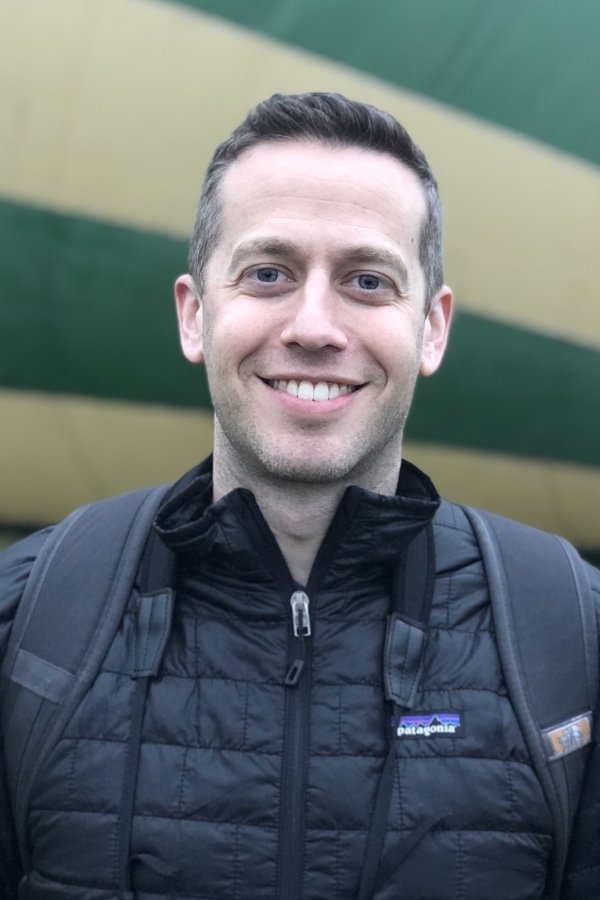
Jake Stein. Courtesy photo.
One day at my last company, we lost our biggest customer. I had spent a lot of time getting them onboard and trying to make them successful, and it felt like a personal rejection. I was walking home from work feeling sorry for myself, and a homeless man came out of nowhere, stuck his finger in my face, and yelled, “Hey, fuck you man!”
It seemed like everyone in the world, including this guy who I’d never even seen before, was rejecting me. I felt worthless. Then I realized that his day had probably been a lot worse than mine. No matter what, I get to go home to my apartment and have enough to eat. As long as I can remember that, every day feels like a pretty good day.
Ashrit Kamireddi
co-founder & CEO, VeryApt
One of the most critical lessons I learned over the last few years of running VeryApt is how to prioritize time commitments.
Time management is one of the most critical components of leading a successful professional and personal life. In fact, it’s one of the skills that is frequently listed as “required” in most job descriptions. By the time I started VeryApt, I felt pretty confident in my ability to organize and prioritize the different tasks in front of me. But a funny thing happens when you start your own company. The number of requests for your time increase exponentially. Some of these requests are easier to say no to than others. For example, I receive over 20 inbound sales requests a week, most of which are completely irrelevant to our business.

Ashrit Kamireddi. Courtesy photo.
Other requests on your time are required and can’t be moved. For example, meetings with investors or with your direct reports. But in many cases, both the time commitment and the payoff can be unclear. Early on this came in the form of pitch competitions and startup meetups. It was important to get the word out there and refine the pitch in the process, but it was also critical to spend more time building the business than pitching the business. Today, it’s more frequently potential business partnerships or even aspiring entrepreneurs that want my advice.
In the case of the former, it’s exciting to think about all the direction the business can go in as we grow, but it’s critical to stay focused on immediate goals and targets. Unless a partnership has the ability to change the trajectory of our business over the next 18 months, I typically hold off on exploring it. Partnership opportunities will always be there so there is limited risk in delaying the conversation.
In terms of meeting with and helping aspiring entrepreneurs, it’s a delicate balance. I received a ton of helpful advice (and still do) from people who have been through the different stages of starting and growing a company. That said, there simply isn’t enough time in the day to meet with everyone, and as our company grows, the requests only increase. To that end, I try to prioritize my time for entrepreneurs that have a clear reason for why they think I can specifically be helpful and have a well thought out direction for the conversation.
Ross Shanken
founder & CEO, Jornaya
Growing a tech business in Philadelphia, I’ve learned that in order to foster a culture of success among employees and customers, you need to effectively and compassionately communicate the purpose of your work to others. Philadelphia is a passionate city and you need to match that level of energy.
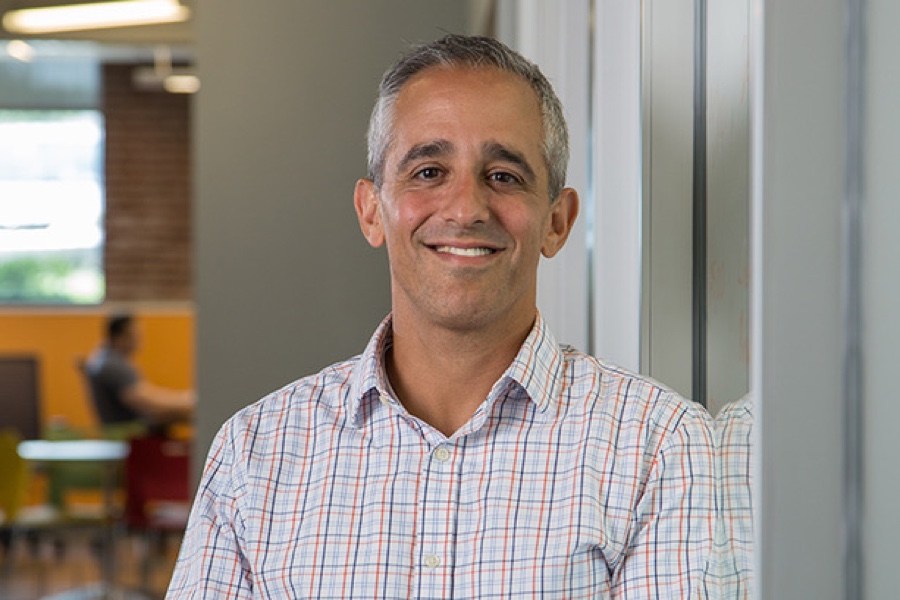
Ross Shanken. Courtesy photo.
I learned this lesson initially by failing! When I communicated what we were doing instead of why we were doing it, I found that the people I spoke with weren’t inspired to continue the dialogue. I saw a Simon Sinek TED talk a few years back, and recently re-watched it. He explained that “People don’t buy what you do. They buy why you do it.”
When speaking solely about about what you do, it leaves people uninspired and focused on the features or details of your offering. When talking about why you do what you do, you inspire people to identify with, and ultimately, form an emotional connection with your dream and vision. As the founder of a business that hoped to blaze new trails and uniquely solve problems that others had not been able to, effectively communicating why we were doing what we were doing became paramount to our success.
Felicite Moorman
co-founder and CEO, STRATIS & BuLogics
I’ve learned the value of that Philly grit!
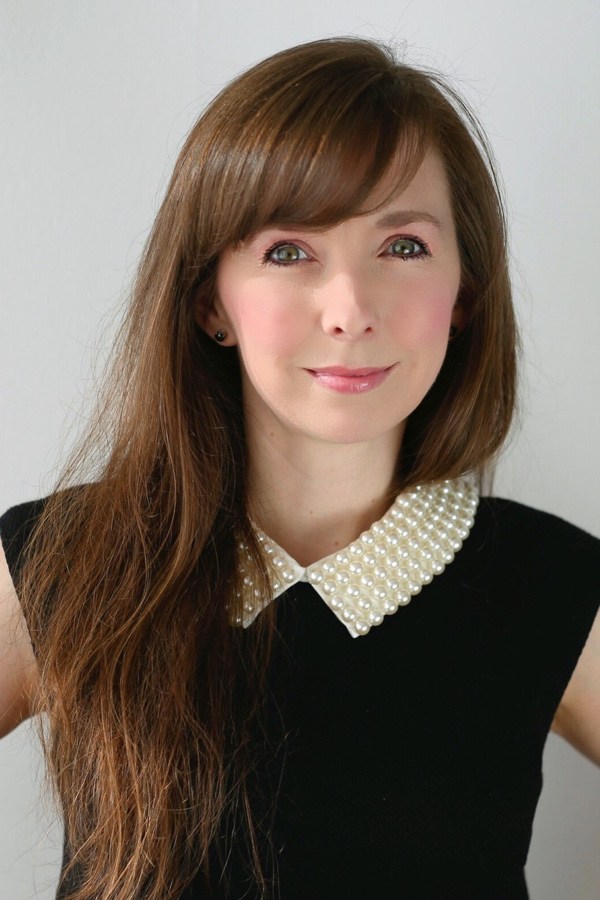
Felicite Moorman. Courtesy photo.
We’ve had a challenging and demanding six months at STRATIS & BuLogics, losing some key leaders to life circumstances and growing at a barely sustainable pace from a client perspective, primarily bootstrapped. We asked more of our team than ever before, with less resources than we’d anticipated and our teams consistently crushed it! I’ve never been so privileged since coming to work with the technologists in Philadelphia, and I do believe it’s that Philly grit that defines our technology business community.
Ricky Solorzano
CEO, Allevi Inc.
I’ve learned that Philly has great sales and distribution talent for the life science arena.
A business is nothing without sales. Sometimes you learn it the hardest way when you have to make sure everyone has lunch! We were at a point where we had to break the sandwich into pieces, rather than having everyone have their own sandwich. When you get sales people though, you get more sandwiches!
Douglas Baldasare
founder & CEO, ChargeItSpot
Don’t limit your fundraising to Philadelphia only.

Doug Baldasare. Courtesy photo.
Philly has many great things going for it, including an excellent talent pool, easy access to New York City and a relatively low cost of living and operating. What Philly doesn’t quite have, however, is a deep pool of venture capital. Not only is capital relatively more scarce locally, but also, startup valuations in Philly are often much lower than those on the West Coast or in New York City, Boston or Boulder.
The shortage of local venture capital shouldn’t stop you from raising capital here, though. Investors in Philly don’t have to be your sole source of funding as you don’t really need true physical proximity to venture capitalists who are just a phone call or plane ride away. Leverage your networks broadly outside town and you can get the best of both worlds. You can even raise money from investors around the world with platforms like SeedInvest.com, which just so happens to be founded by two Penn grads.
Rafael Ilishayev
co-founder, goPuff
Without the support of the local community early on, goPuff wouldn’t have been able to grow to where we are now, with almost 400 employees, servicing 32 markets across the country.
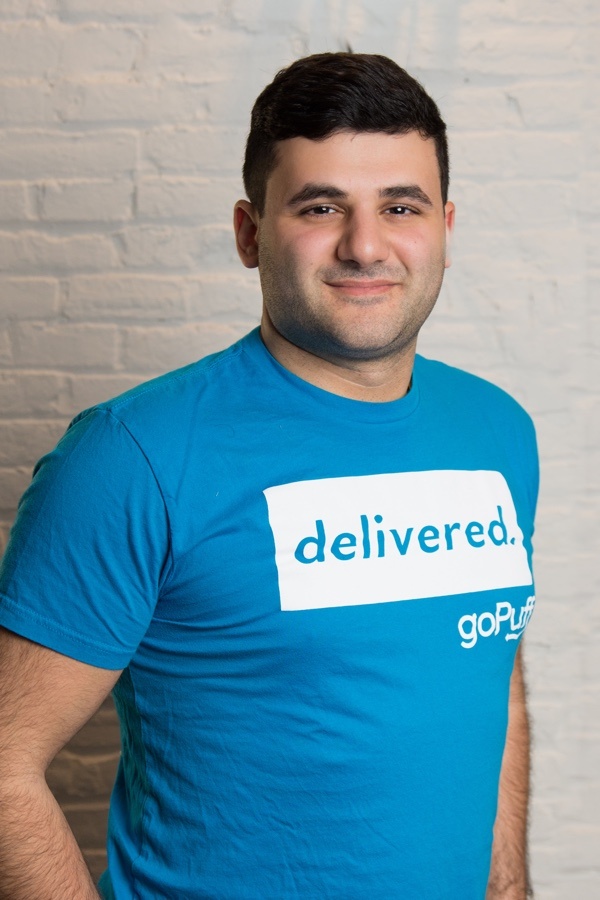
Rafael Ilishayev. Courtesy photo.
The city of Philadelphia was our first investor. As two college kids taking on a massive industry, my co-founder Yakir and I leaned on local relationships with other founders and community leaders to build our business. At goPuff, we did and still do invest in the customer experience above everything else. Because of this, some of our earliest Philadelphia customers have become employees.
Andrew Voudouris
co-founder and chief marketing officer, Turn5
I’ve learned that a lot of my job is about the people. It’s important to leverage people’s talents.
In the early days it was about accomplishing task-based work, which was easier. Now it’s about finding and keeping the best people who can drive strategy and collaborate across teams. We need to understand what drives our people, identify individuals that are excelling and advance them quickly. Working with someone to maximize their talents is an incredible “aha” moment for everyone involved, and the best way to move the organization forward.
A few years back I was in this cycle of training people right out of school in digital marketing, only to have them leave in two or three years for a great opportunity elsewhere. I realized we had the training part down, but we weren’t identifying the people in the training who were crushing it, and putting them into roles where they had new challenges, opportunities and personal growth. What a painful and great lesson. Today the business is hyper-focused on finding our top talent and getting them roles and responsibilities where they can really challenge themselves and shine. The results speak for themselves.
David Lindsay
co-founder & CEO, Oncora Medical
In starting Oncora, an early stage oncology software company, we’ve learned how invaluable the resources from Philadelphia’s tech ecosystem can be in supporting a fledgling startup company.
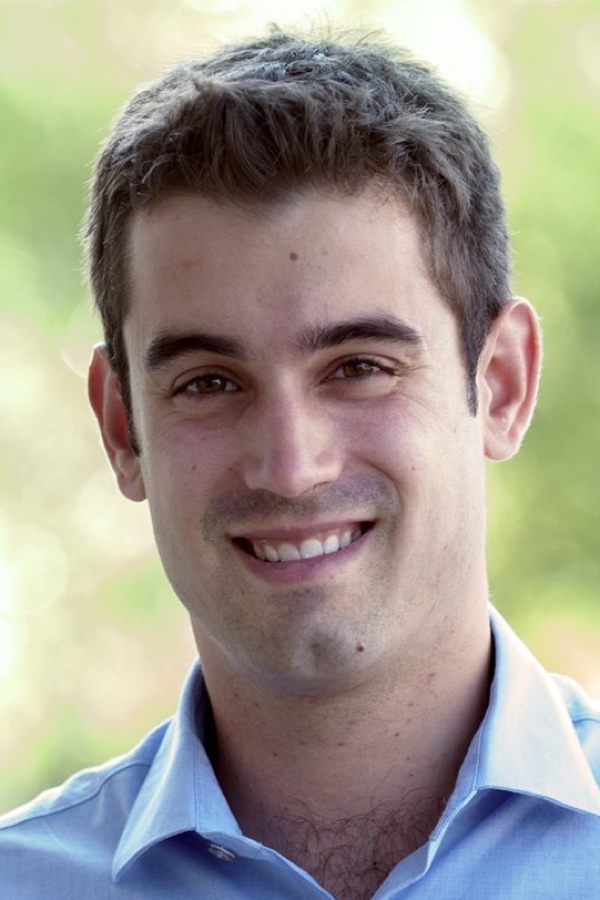
David Lindsay. Oncora Medical.
Since our founding in 2014, we have grown to a team of 14 engineers, scientists and operations team members. We’ve received significant help along the way. Shortly after our founding, we received valuable seed funding from sources like First Round Capital’s Dorm Room Fund, Penn Medicine, Ben Franklin Technology Partners and DreamIt Health. Both the Penn Wharton Innovation Fund and University City Science Center connected us to mentors, customers and provided immense support.
Building a health tech company in a city surrounded by top academic institutions and leading hospitals is also a valuable advantage. Our close relationship with the Penn Center for Innovation, Penn’s Department of Radiation Oncology, and other local partners has advanced our research efforts and allowed us to collaborate towards a common goal of improving cancer patient outcomes. Together we have published and presented research in multiple medical journals and healthcare conferences. To start a company, it is crucial to have support from everyone around you. Fortunately, Philadelphia’s extensive and inclusive resources have taught us valuable lessons and continues to guide our unique approach of improving cancer patient outcomes.


